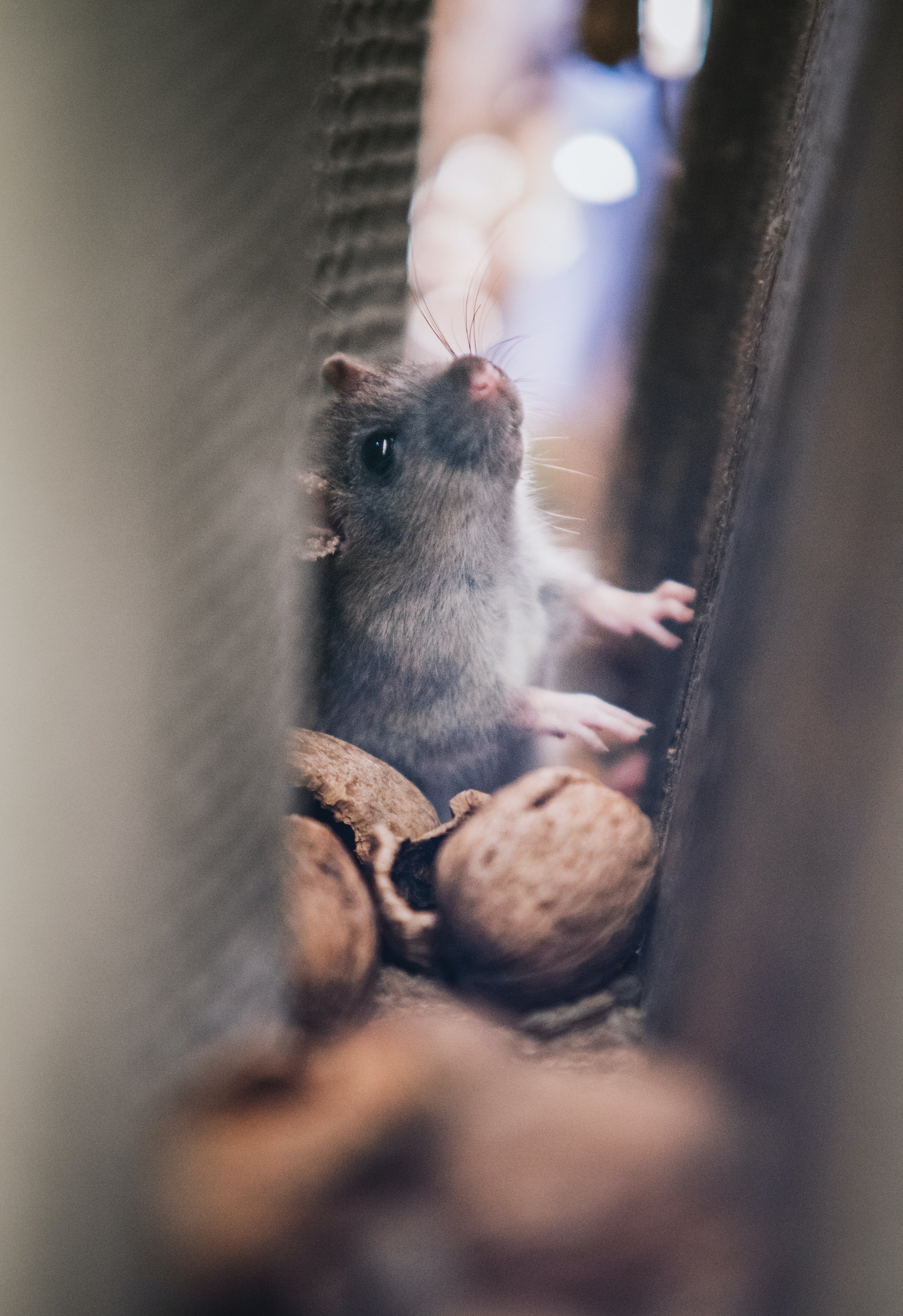Pest Infestation In Your Home? Here’s How To Address It
RH Business Marketing Solutions
If you think you might have a pest infestation in your home, there are a number of different methods to help get rid of pests and avoid future infestations. We’ll be covering these methods and walking you through the process of dealing with a pest infestation with some top tips and strategies. Keep reading to discover more.
Professional Assistance
Seeking professional assistance for pest infestations is essential for your peace of mind and effective resolution. When you enlist experts, you benefit from their knowledge and experience in identifying and tackling various pests. Professionals use targeted strategies, ensuring the problem is thoroughly addressed. They apply safe and regulated treatments, minimizing risks to your health and the environment. Your time and effort are saved, as professionals efficiently manage complex infestations. Moreover, they offer guidance on preventive measures, helping prevent future outbreaks. Ultimately, relying on professionals guarantees a comprehensive and lasting solution, allowing you to reclaim a pest-free and comfortable living space. Hiring an exterminator is a good solution if other methods have failed to get rid of pests and it’s causing a health concern.
Sealing Off Entry Points
Sealing entry points is vital to keep pests out. Inspect your home's exterior for gaps, cracks, and openings, especially around windows, doors, and utility lines. Use caulk, weather stripping, or wire mesh to seal gaps. Install door sweeps and ensure windows have tight screens. Seal openings around pipes and cables with appropriate materials. The more difficult it is for pests to enter a home, the less likely it will be that they will lead to an infestation.
Outdoor Management
Effective outdoor management is key to preventing pest infestations. Trim vegetation near your home to eliminate hiding spots for pests. Regularly clean up fallen leaves, debris, and standing water to deter breeding grounds. Maintain a proper distance between plants and your house to prevent pests from using them as bridges. Store firewood and outdoor belongings away from your home, as they can attract pests seeking shelter. Fix any leaky outdoor faucets and address drainage issues to prevent excess moisture.
Humane Traps
Humane traps are ethical alternatives for pest control. These traps capture pests without harm, allowing for their safe release away from your property. They are available for various pests, from mouse traps to even insect traps. After capture, remember to release pests far enough away from your home to prevent their return.
Thorough Cleaning
Thorough cleaning plays a vital role in preventing infestations. Regularly clean your home, eliminating crumbs, spills, and food residue that attract pests. Vacuum, sweep, and mop floors, and wipe down surfaces. Pay attention to hidden areas like under appliances and furniture. By removing potential food sources and hiding spots, you create an environment that's less appealing to pests, reducing the risk of infestations taking hold.
Natural Repellents
Natural repellents offer eco-friendly ways to deter pests. Essential oils like peppermint, lavender, and eucalyptus are effective against insects. Placing cedar blocks in closets can discourage moths and beetles. Diatomaceous earth is a non-toxic powder that damages pests' exoskeletons. Vinegar and water solutions help repel ants and spiders. Planting marigolds, chrysanthemums, or mint around your garden can discourage outdoor pests. While these remedies are generally safe, remember to test them in small areas and be cautious if you have allergies or pets.
